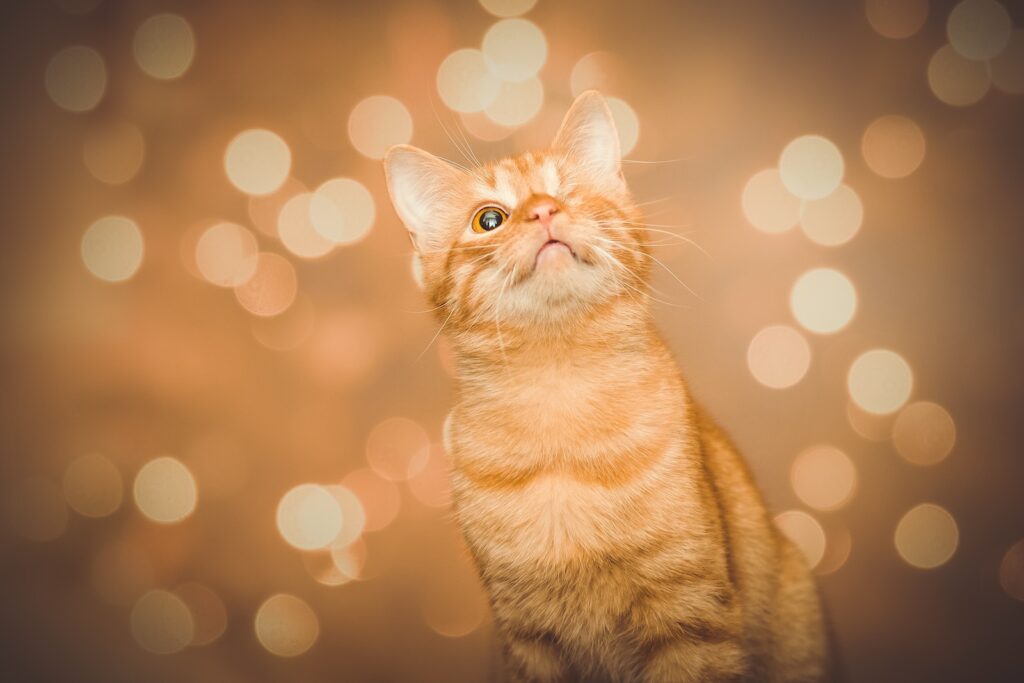Can Cats Eat Celery? — Yes, They Can
Cats can safely consume celery in moderation. Celery is a low-calorie vegetable that offers various health benefits for cats, provided it is prepared and served correctly.
Can Kittens Eat Celery?
Yes, kittens can eat celery, but it should be given in small, finely chopped pieces to avoid choking hazards. Introduce celery gradually into their diet and monitor their response to ensure they tolerate it well.
Things to consider when feeding celery to kittens?
When feeding celery to kittens, it is important to chop it into small, manageable pieces to prevent any choking incidents. Additionally, always monitor their response and consult with a veterinarian if you notice any adverse reactions or digestive issues.
Nutritional Benefits of Celery for Cats — Why Celery is Good for Cats
Promotes Hydration
Celery has a high water content, which helps promote hydration in cats. Adequate hydration is essential for maintaining a healthy urinary tract, preventing urinary tract infections, and supporting overall organ function.
Aids Digestion
The fiber content in celery aids digestion in cats and can help prevent constipation. It promotes regular bowel movements and supports a healthy gastrointestinal system.
Provides Essential Vitamins and Minerals
Celery contains vitamins such as vitamin A, vitamin K, and folate, as well as minerals like potassium and calcium. These nutrients contribute to overall feline health, including maintaining strong bones, supporting immune function, and promoting optimal vision.
Potential Allergies: Can Cats Be Allergic to Celery?
While allergies to celery in cats are rare, it is possible for some felines to develop allergic reactions. It is always advisable to introduce new foods gradually and monitor your cat for any signs of allergies or adverse reactions.
Symptoms of Celery Allergies in Cats
- Itching and Skin Irritation: Your cat may excessively scratch, lick, or bite at their skin.
- Gastrointestinal Upset: Digestive issues such as vomiting or diarrhea may occur.
- Respiratory Problems: Wheezing, coughing, or difficulty breathing can be observed.
What to Do If Your Cat Shows Symptoms?
- Consult a Veterinarian: If your cat exhibits any symptoms of allergies after consuming celery, it is best to consult a veterinarian for proper evaluation and guidance.
- Eliminate Celery from Diet: Remove celery from your cat’s diet to prevent further allergic reactions.
- Monitor for Improvement: Pay attention to your cat’s condition and ensure that the symptoms subside after eliminating celery.
Recommended Amount: How Much Celery Can a Cat Consume?
Cats should only consume small amounts of celery as an occasional treat. Celery should never substitute their regular balanced diet. It’s essential to chop the celery into small, bite-sized pieces to prevent choking hazards and ensure easy digestion.
Things to Consider When Feeding Celery to Cats
When offering celery to cats, always remember to wash it thoroughly to remove any potential pesticides or contaminants. Additionally, ensure the celery is fresh and of good quality, free from any signs of spoilage.
How to Feed Celery to Cats: A Quick Guide
Feeding your cat celery can be a delightful way to introduce variety into their diet. Here are a few simple recipes:
Celery Crunch Treats
To make celery crunch treats, chop fresh celery into small, bite-sized pieces. You can offer them directly as a snack or mix them into your cat’s regular food for added texture and crunch.
Celery and Chicken Broth Soup
Create a delicious and hydrating treat by boiling celery in low-sodium chicken broth. Allow it to cool and offer it to your cat as a refreshing soup. Make sure the celery pieces are small enough for easy consumption.
Celery-stuffed Toys
You can create engaging and interactive toys for your cat by stuffing celery into appropriate puzzle toys. This will not only provide mental stimulation but also encourage them to eat celery in a fun way.
Conclusion
In conclusion, cats can safely consume celery in moderation. It offers hydrating properties, aids digestion, and provides essential vitamins and minerals. However, it is important to introduce celery gradually, monitor for potential allergies, and ensure the celery is prepared appropriately. Always consult a veterinarian if you have any concerns or notice any adverse reactions in your cat. Treat celery as an occasional addition to your cat’s diet and prioritize a balanced and tailored feline diet for their overall well-being.






